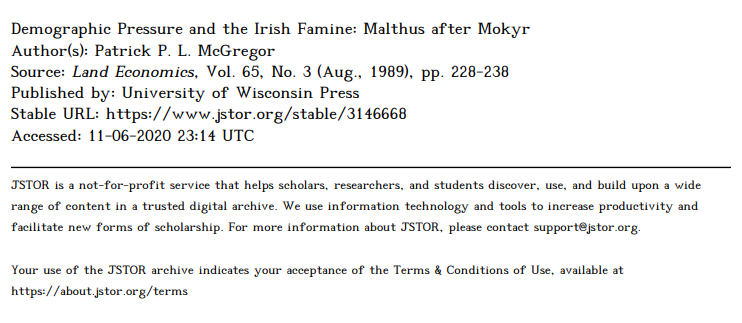
Econ Thread: My paper on the strange experiment of playing card money in 17th-18th centuries Canada (image below) with Bryan Cutsinger and Mathieu Bédard was accepted in the European Review of Economic History #econhist #econtwitter 

This is a *very* strange monetary experiment in economic history. The governor of the colony printed money on the back of playing cards to finance expenditures when he ran out of coins. The "notes" were backed by incoming coin shipments.
Yet, and this might interest @JohnHCochrane because of the fiscal theory of the price level implications, there was no inflation in spite of massive overissues.
We argue, following points made by @lawrencehwhite1 and @GeorgeSelgin, that the weakness of legal tender enforcement explain the absence of inflation. Under weak legal tender enforcement (or absent even), bad money is driven out of circulation (falling velocity).
Thus, the low credibility of the government promises on the back of playing cards simply translated into falling velocity for cards but no effect on prices as other mediums kept circulating.
However, when the government announced a redemption plan in 1714, it imposed a time limit to redeem the 1.8 million pounds of notes (a per capita amount equal to nominal GDP per capita). If not redeemed before then, they became worthless.
This was a de facto enforcement (because of the wealth tax that was embedded in the features of the redemption plan) of the legal tender. To avoid losing whatever share of wealth they held in the form of notes, households were aggressively trying to get rid of them.
At that point, good money was crowded out and notes dominated circulation until their redemption. It is also in that period that there is rapid inflation (a doubling of the price level in one year).
Our story is one where the institutions (as per Buchanan and Brennan's Power to Tax) matter to understanding monetary developments.
With weak/ineffective legal tender, fiscal theory (backing theory) of the price level is quite effective. With strong legal tender, the quantity theory is stronger.
This was an exceptionally fun paper to research and write. I want to thank @cmicmeissner for being an amazing handling editor at EREH and Joan Roses for his comments.
This would also be of interest to @robertewright @DavidBeckworth @BrianCAlbrecht and @RebelEconProf and the Canadian econ/hist crowds @MacRoweNick @stephenfgordon @franceswoolley @tammyschirle @robgillezeau @MaggieECJones @stillots1 @trevortombe @XGelinas @ColinMCoates
Working paper version here: papers.ssrn.com/sol3/papers.cf…
• • •
Missing some Tweet in this thread? You can try to
force a refresh







